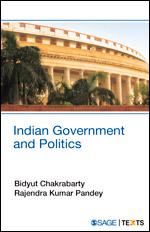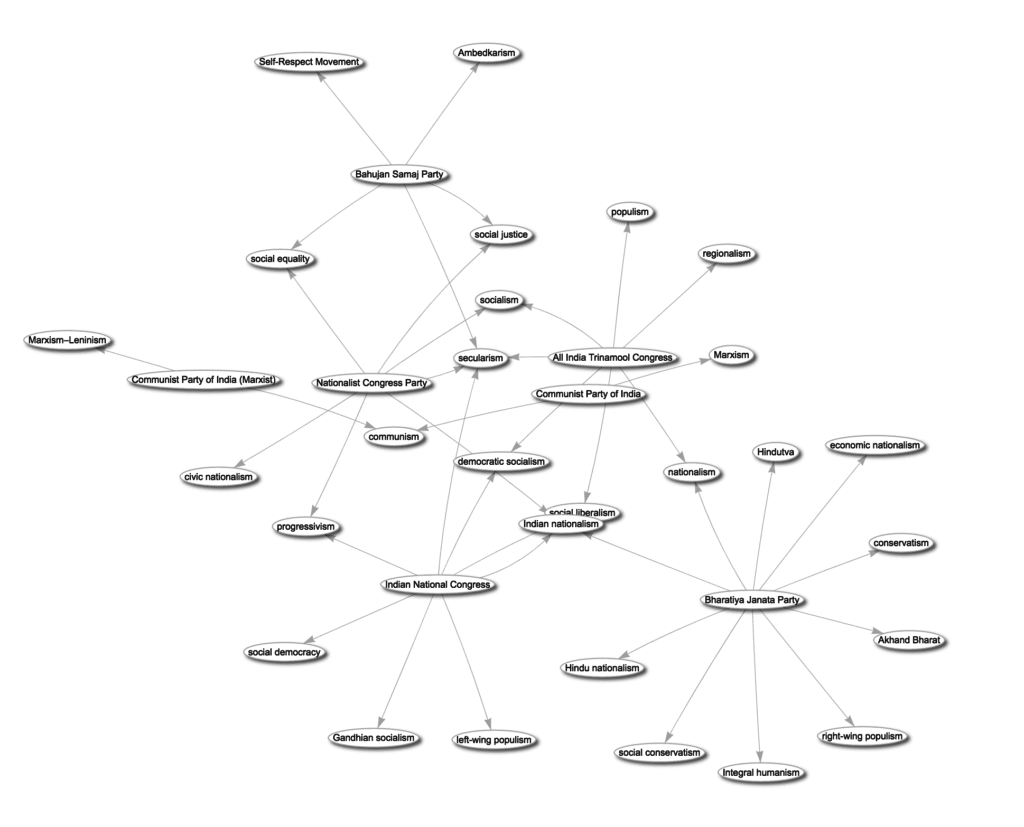The Prince

The Prince by Niccolò Machiavelli (Wikisource) is part of a series of books that I need to read before I can read Collective Choice and Social Welfare. The book started with a promising letter that made me think that the rest is going to be about good governance from a common person’s perspective.
Just as artists who draw landscapes get down in the valley to study the mountains and go up to the mountains to look down on the valley, so one has to be a prince to get to know the character of a people and a man of the people to know the character of a prince.
Reading on, I was a bit disappointed when the author decided to not consider republics. I would have recovered from the disappointment, if things hadn’t taken such a violent turn:
…especially if its people are not used to the freedom of self-government. In that case all you have to do is eliminate the family of the previous ruler and your hold on power is guaranteed.
…in general you must either pamper people or destroy them; harm them just a little and they’ll hit back; harm them seriously and they won’t be able to.
Now I was confused, I had completely misunderstood the motivation of the author. So, I looked up Wikipedia, and for the first time learnt the meaning of Machiavellianism (I remember having ignored this word several times while reading other books and blog posts).
I did not know how to make notes from a book written by someone with such cynical disregard for morality. So, after some thought, I decided to take notes as the prince himself, notes for a violent king.
Continue reading “The Prince”


